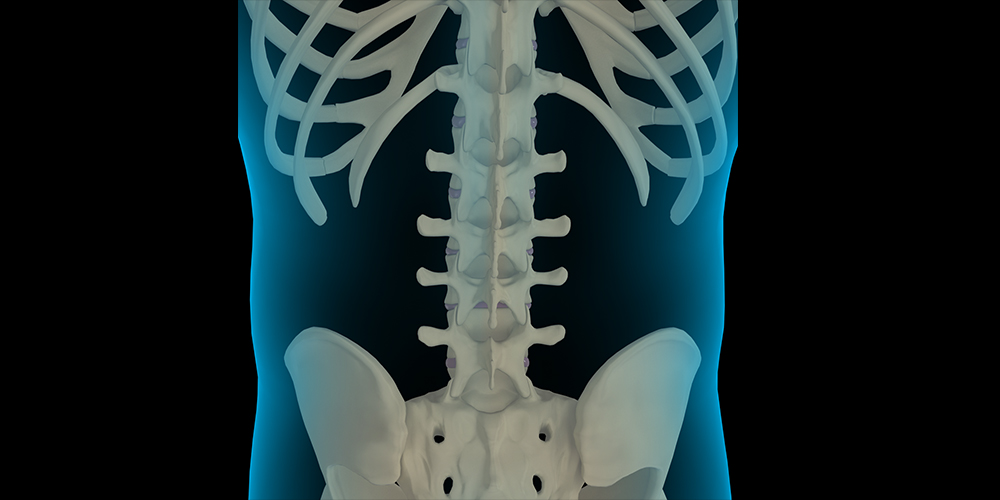
Orthopedic spine surgeons and chiropractors are both healthcare professionals who deal with spine-related issues, but they have significant differences in terms of their education, training, qualifications, and treatment approaches.
Here are the key distinctions:
-
Education and Training:
-
Orthopedic Spine Surgeon: An orthopedic spine surgeon is a medical doctor (MD or DO) who has completed four years of medical school, followed by a five year residency in orthopedic surgery, and then further specialized training in spine surgery through a one year fellowship. This is a total of 10 years of additional training after an undergraduate degree. This extensive education and training encompass various aspects of medicine, surgery, and spine care.
-
Chiropractor: Chiropractors hold a Doctor of Chiropractic (DC) degree, which typically requires four years of undergraduate education followed by four years of chiropractic college. Their training focuses primarily on non-surgical techniques, such as spinal adjustments and manipulations.
-
-
Scope of Practice:
-
Orthopedic Spine Surgeon: Orthopedic spine surgeons have a comprehensive understanding of spinal anatomy and can diagnose and treat a wide range of spine conditions, including complex issues and injuries. They are licensed to prescribe medications and perform surgical procedures, including spinal surgeries, when necessary.
-
Chiropractor: Chiropractors primarily use non-invasive manual therapies, such as spinal adjustments, to treat musculoskeletal conditions, often with an emphasis on the belief that spinal misalignments (subluxations) can impact overall health. They do not have the authority to prescribe medications or perform surgery.
-
-
Treatment Approach:
-
Orthopedic Spine Surgeon: Orthopedic spine surgeons can provide both surgical and non-surgical treatments for spine-related problems. They may recommend surgery for conditions like herniated discs, spinal stenosis, or spinal deformities. Non-surgical options may include physical therapy, medications, injections, and other conservative approaches.
-
Chiropractor: Chiropractors primarily focus on non-invasive spinal adjustments and manual therapies to alleviate pain and discomfort. Their treatment approach often centers around restoring spinal alignment and nervous system function through these manual techniques.
-
-
Licensing and Regulation:
-
Orthopedic Spine Surgeon: Orthopedic spine surgeons are licensed medical doctors who are regulated by medical boards and adhere to established medical standards. They have the ability to diagnose and treat a wide range of medical conditions, including spine-related issues.
-
Chiropractor: Chiropractors are licensed healthcare practitioners in many countries and states, but their scope of practice varies. They are generally regulated by chiropractic boards and associations, and their focus is on chiropractic care and manual therapies.
-
In summary, the key differences between orthopedic spine surgeons and chiropractors lie in their education, training, scope of practice, and treatment approaches. Orthopedic spine surgeons are medical doctors who can provide a comprehensive range of spine treatments, including surgery, while chiropractors primarily offer non-invasive manual therapies for musculoskeletal issues, with a focus on spinal adjustments. Patients should choose their healthcare provider based on the nature and severity of their spine condition and consider the appropriate treatment options accordingly.




